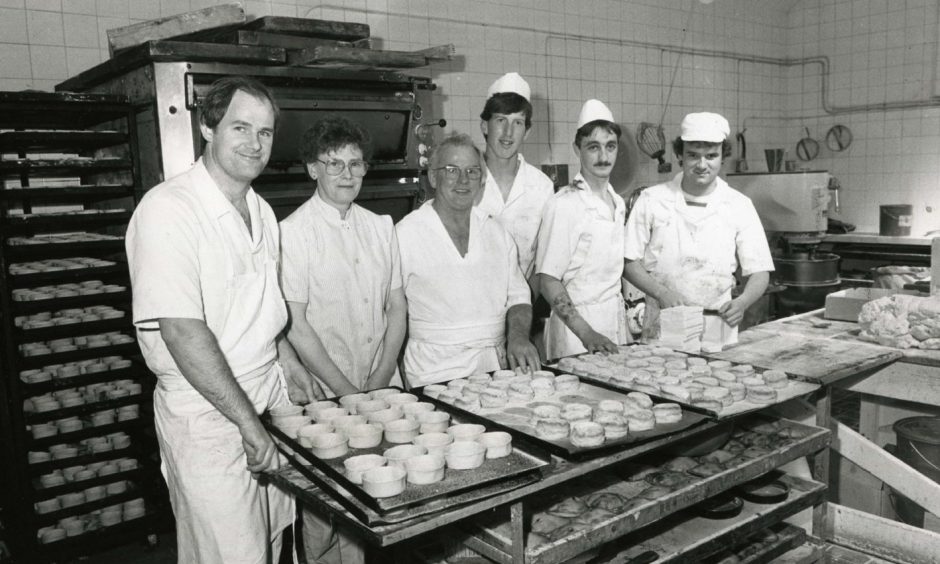
Nigel Lawson had his eye on the prize when he pulled a fiscal lever in 1984 that left Dundonians with their eyes on the pies.
The then-Chancellor decreed that VAT be added to all hot takeaway food – seeking to use kebabs to fill his coffers and garner pounds from pastry.
But Mr Lawson’s foodie finagling hit pie lovers in the pocket, adding 5p to the price of each packet of meaty goodness.
It was move that left the Dundee public – and their pies – cold.
The relationship between Dundee and the pie is well known, a love story for the ages.
The Dundee pie is credited to David Wallace who set up the Auld Dundee Pie Shop in a long-lost street known as The Vault and quickly regretted it.
It was only to be expected that it would take a little time to gain a reputation but he knew his pies were good and was prepared to work hard.
He sold four penny pies on his first day’s trading in May 1892 but decided to stay open on Victoria Day, which was a recommended holiday for shopkeepers.
But instead of the expected bonanza he sold only one penny pie by lunchtime.
Wallace locked up the shop and went down to the docks and threw in the shop key.
He turned and went home but fortunately his wife persuaded him to go to the locksmith the next day to have another key made.
Dundee and the pie – a love story for the ages
Trade started to pick up as his reputation grew.
Over time, the pies, taken home to all parts of the town, whether by request or as peace offerings, became available in the various districts.
The Scotch pie – or ‘peh’ in Dundonian – became a large part of the city’s culture.
They were to die for – the grease would just run out of them.
Dundonians have always been enthusiastic about pies and this was officially recognised when food rationing was introduced during the Second World War.
It was accepted that pies were, through long tradition, a more or less essential part of the Dundonian’s diet and allocations of meat were granted to the pie-makers.
Those were a welcome supplement to wartime rations.
Dundee pies gained widespread esteem
As time went on, people began stuffing more things inside of pastries.
Dundee gained widespread esteem for its pies, with local bakers such as David Robb MacDonald, Scott Brothers and Wallace’s carrying the torch for the city for decades.
They were the taste of Saturday afternoon and always a popular staple for supporters attending football matches at Dens Park and Tannadice.
The Scotch pie has usually avoided politics.
Until the Budget of 1984.
VAT was first extended to hot takeaway food by Mr Lawson who was accused by his critics of knowing more about caviar than mutton.
The Evening Telegraph summed up the impact locally in May 1984.
“Who would have thought that Nigel Lawson would strike a body-blow at the age-old Dundee tradition of a hot peh?
“But that is exactly what the Chancellor has done in decreeing that Value Added Tax be added to all hot takeaway food.
“For generations of Dundonians, the hot pie has been a mainstay of their diet.
“How many Dundonians can say they have never indulged in the Saturday lunchtime treat of a hot pie?
“The tasty combination of delicious pastry and steaming hot meat is one which few people can refuse.
“But with the increase of around 5p on each hot pie, thanks to VAT, many are thinking twice before treating themselves.
“Not that the consumption of pies has stopped altogether – it’s just that now a lot of people are plumping for the cold version.”
Turning down the temperature in Dundee
Wallace Land o’ Cakes was a Dundee institution with shops dotted around town in Craigie, Crichton Street, Dura Street, Hawkhill and Hilltown.
“We have found a great many people just taking cold pies – rather than have to pay 5p more to get it out of the oven,” said a spokesman for the company.
“Whether they eat them cold or take them home and heat them up, I don’t know”.
But the strange thing about the VAT ruling was that it didn’t effect every hot pie.
The Evening Telegraph said: “If you buy a freshly baked pie that just happens to be hot from baking, then there’s no VAT.
“But if your hot pie has been reheated in the shop oven, that’s when the increase comes into effect, as it then becomes, legally, hot takeaway food.”
A tasty way to beat the system?
“Some people have cottoned on to this and buy our pies when they come down from the bakery,” said a spokesman for Nicoll’s (Rosebank) Bakery.
“But the pies do get cold very quickly and have to stay in the shop oven – as soon as we do that we have to charge an extra 5p.
“It is odd and we do get complaints, but we have to do it.”
There would be no U-turn from Lawson
Fast food traders across the UK signed a petition urging Mr Lawson to reconsider his decision to make hot takeaway food subject to tax.
It fell on deaf ears.
Dundee fish and chip shops were also hit by the 15% rise although many were reluctant to increase prices on their battered treats.
Asda suggested Dundonians should beat the budget by investing in a deep fat fryer to cook their chips rather than pay extra when heading to the chippie.
The subject would, in a way, resurface years later when the late chancellor’s daughter, Nigella, established herself as a celebrity chef.
With recipes for honey pie, chicken and ham pie and, fascinatingly, the “girdlebuster pie“, the beloved TV cook would help to ensure this treat remained a British favourite.
And so the Lawson-Pie link had come full circle, like the tasty treat itself.
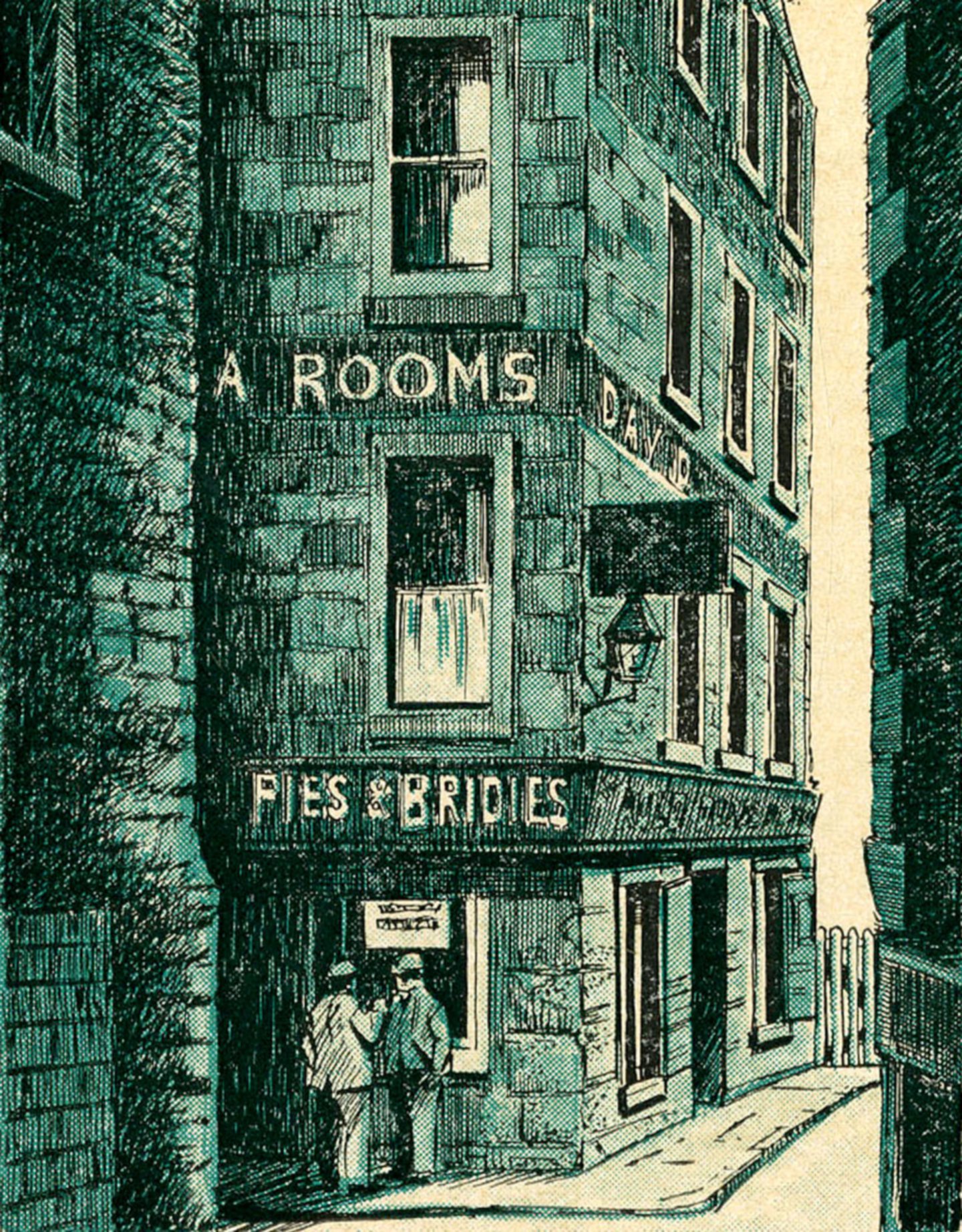
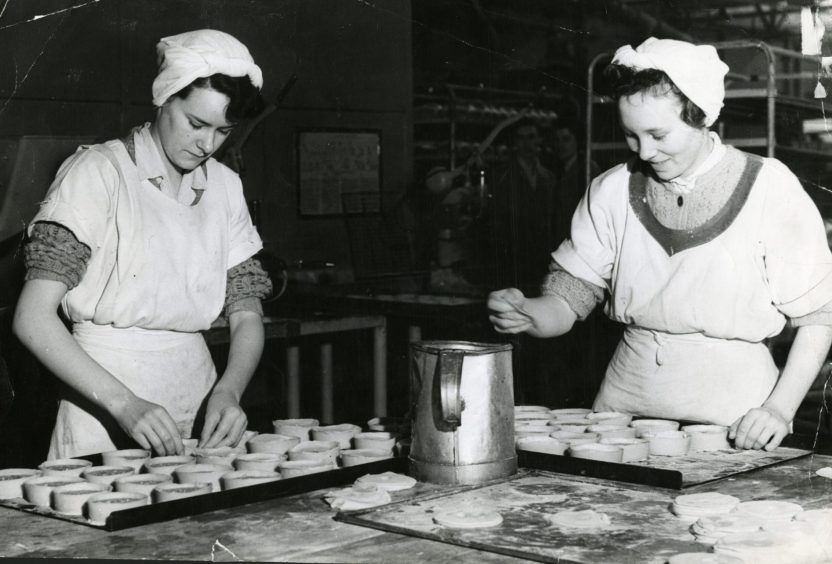
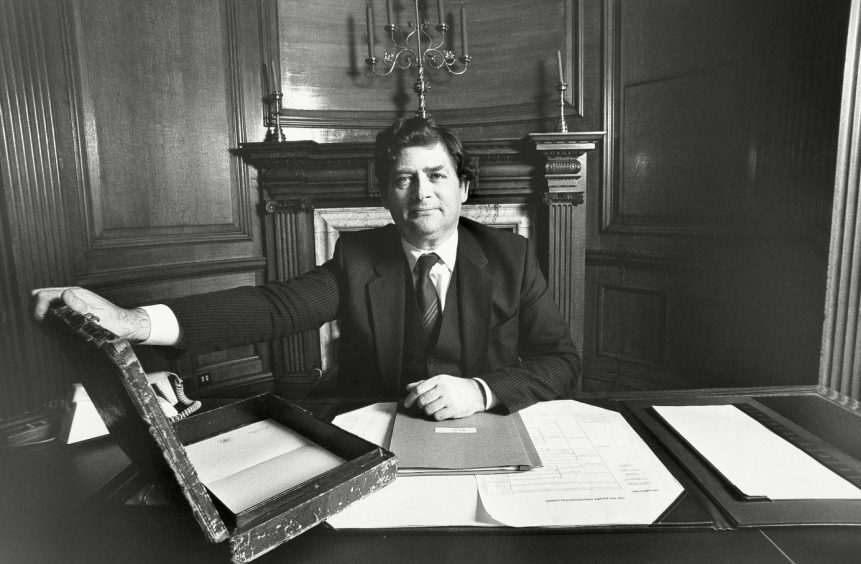
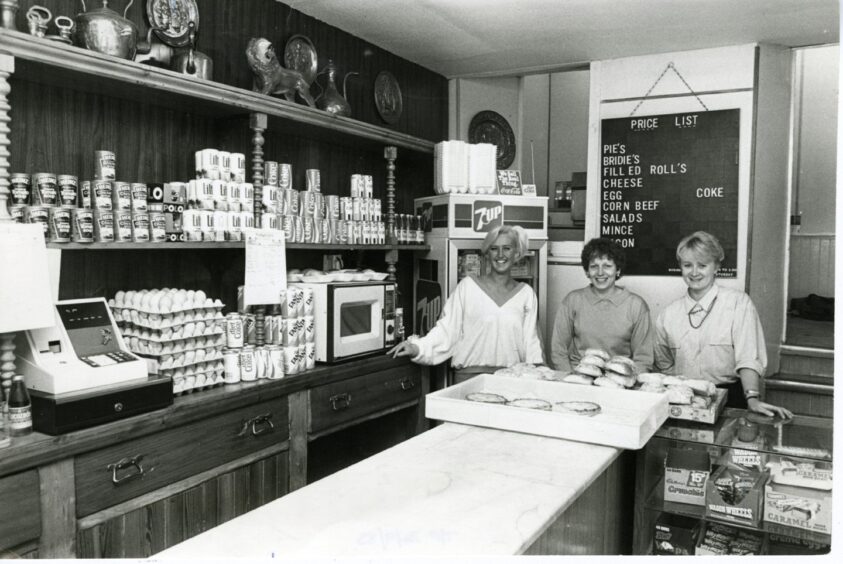
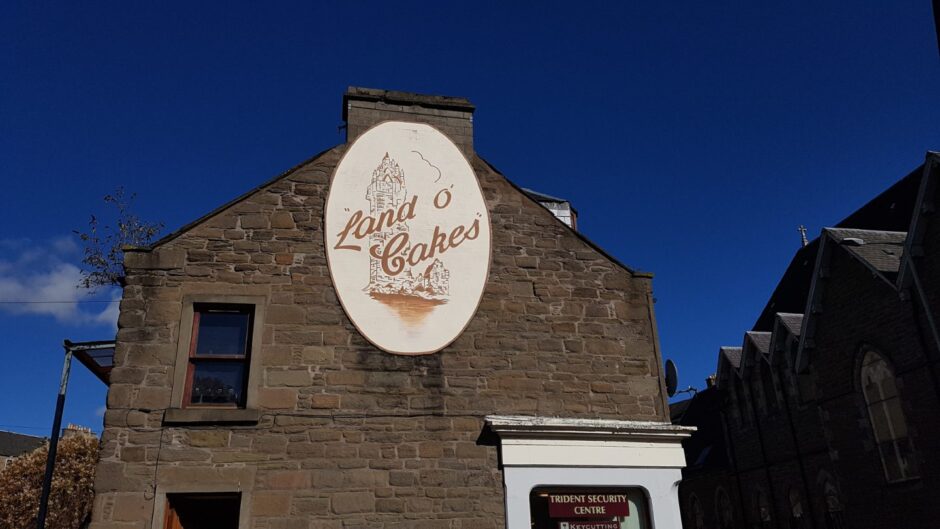
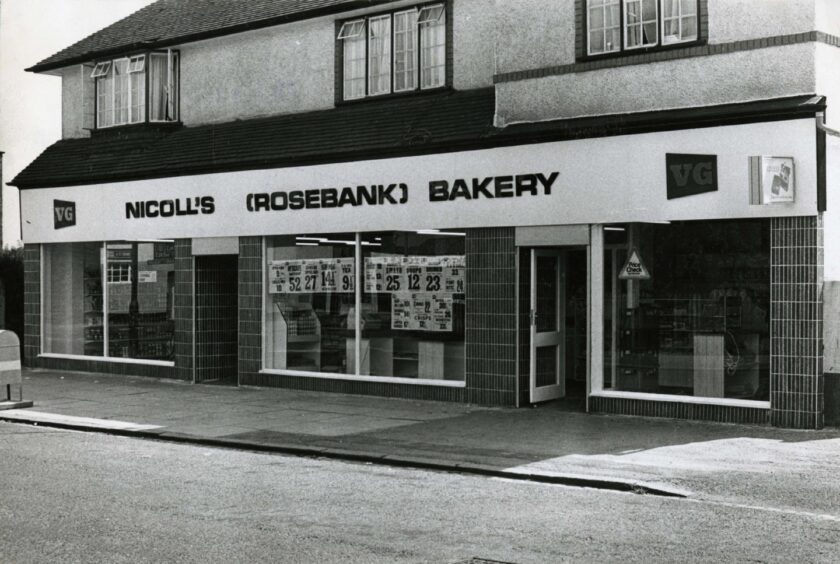
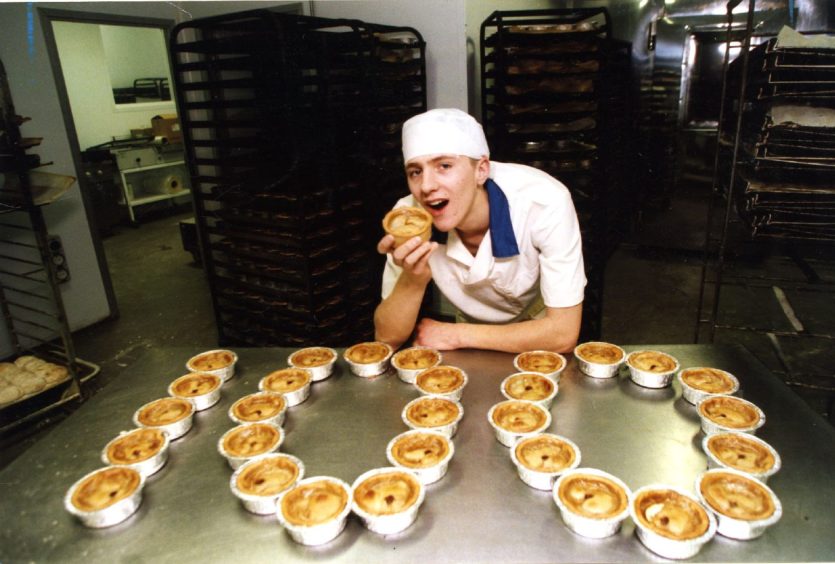
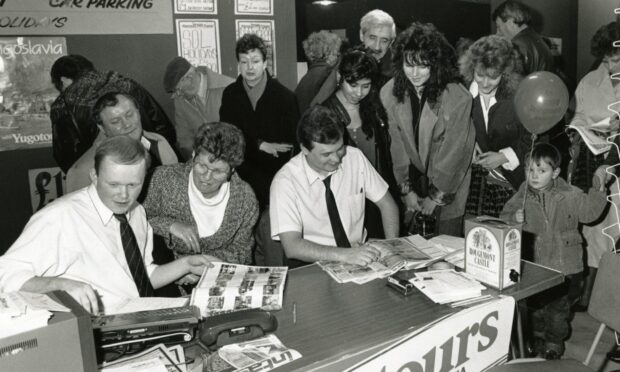
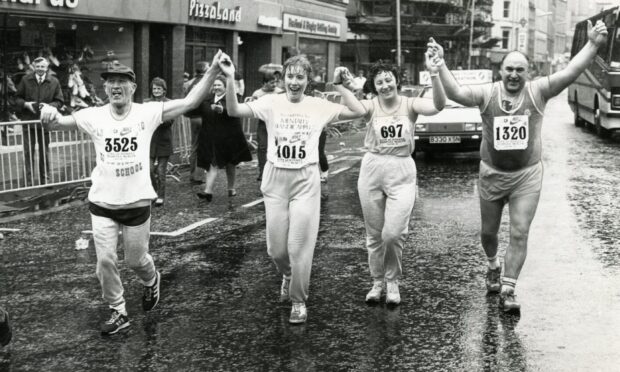
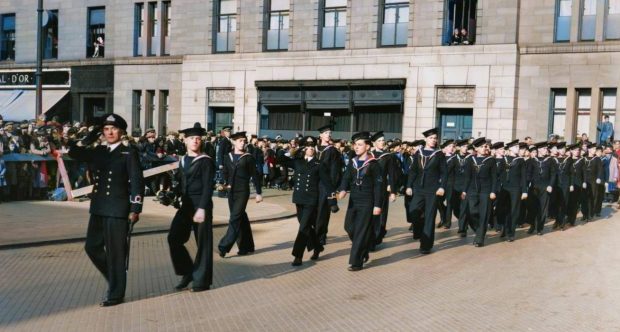
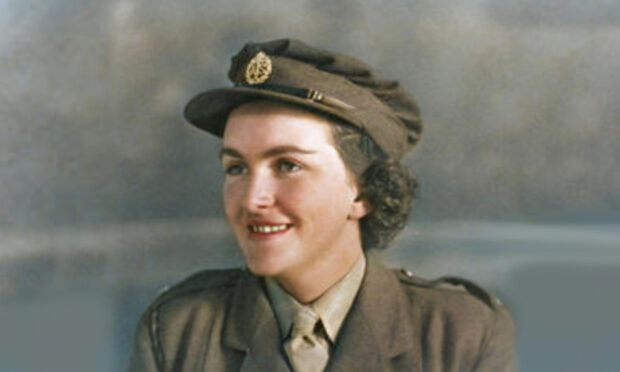
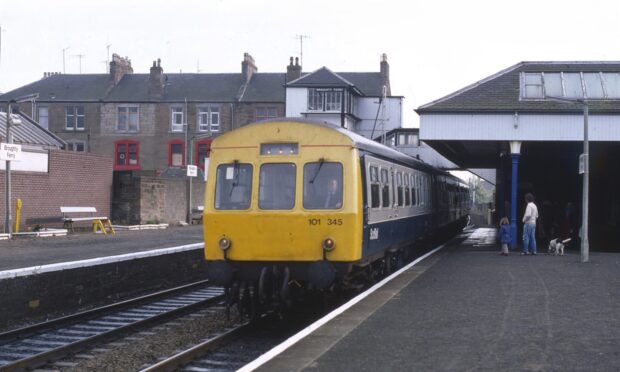

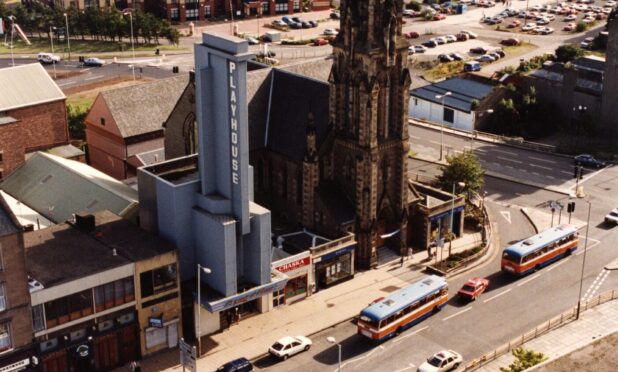
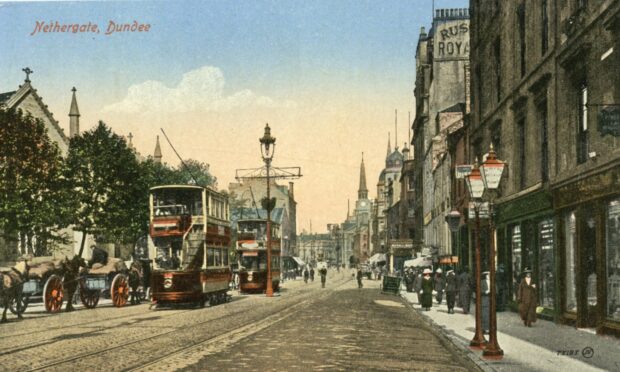


Conversation